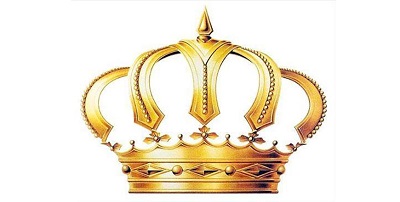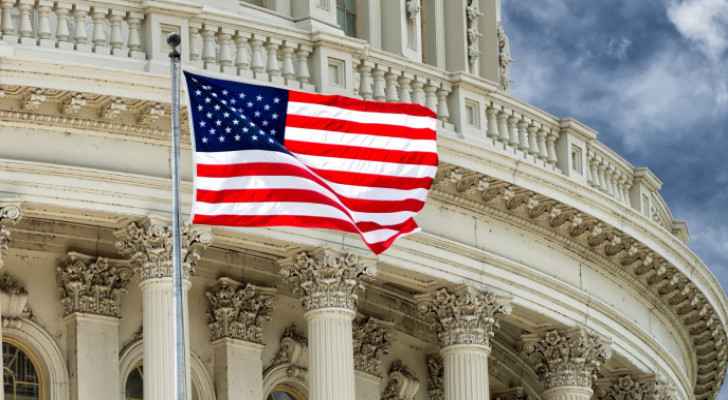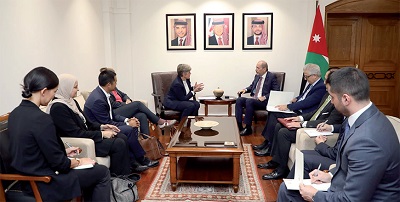The UAE’s Machiavellian journey from ‘Little Sparta’ to ‘Little Singapore’ - By David Ignatius, Washington Post
Though it’s easy to miss amid the turmoil in Afghanistan, there’s a new trend of de-escalation in global foreign policy — symbolized by the country that once was seen as “Little Sparta,” the United Arab Emirates.
With a raw pragmatism that would make Machiavelli blush, the UAE has recently changed course from urging confrontation against Iran and Islamist parties to advocating dialogue. Over the past year, it has moved to settle quarrels with Iran, Turkey, Qatar, Libya and other former foes.
The UAE’s most visible adjustment was its open embrace of Israel in the so-called Abraham Accords, whose first anniversary is Wednesday. That breakthrough was nurtured by the Trump administration, but it had deeper roots in the UAE’s decision to embrace regional cooperation, regardless of religion or ideology, at a time when U.S. hegemony in the Middle East was waning. UAE officials say they expect more than $1 trillion in trade with Israel over the next decade.
The UAE’s aggressively independent approach to foreign policy has also sometimes crossed the line in its dealings with the United States. The latest example, described by the New York Times, is the hiring of former U.S. intelligence officials who admitted in court documents that they conducted illegal hacking in their work for the Emiratis.
Still, the UAE’s evolution is illustrative of a larger global shift. Its approach — de-escalation of regional conflicts coupled with greater focus on the domestic economy — matches that of the Biden administration and other U.S. partners. Even Beijing is stressing an authoritarian version of “build back better” in recent statements stressing shared domestic prosperity.
The U.S. withdrawal from Afghanistan, though badly botched, reflected a growing global consensus against “endless wars,” U.S. and foreign officials agree. An early sign of that trend was the UAE’s withdrawal from ruinous conflicts in Yemen and Libya, after it became convinced that the costs outweighed any benefits.
Sheikh Mohammed bin Zayed, the country’s de facto leader, “has a bit of the Arab Kissinger in him, in his ability to read shifts in the balance of power and adjust to them without sentiment getting in the way,” argues Martin Indyk, a former U.S. diplomat. He’s author of the forthcoming book “Master of the Game,” a fascinating assessment of Secretary of State Henry Kissinger’s Middle East diplomacy.
The UAE dubs its new approach “zero problems,” explains Anwar Gargash, the UAE’s former minister of state for foreign affairs. He said in an interview Tuesday that this “reexamination” began in 2019 after the rising danger caused by the war in Yemen, Iranian missile and drone attacks on the UAE and Saudi Arabia, and a sense of “erosion” of American power in the region.
In an increasingly tense region, “an escalating or confrontational approach would get us involved in prolonged conflicts,” Gargash said. So the UAE decided to change course, focusing on economic development as a path to security. UAE leaders also recognized that they were nearing “the end of the oil age,” which had powered the Emirates’ early growth.
The UAE’s moves were also partly a course correction after a dangerously close embrace of the Trump administration. The Justice Department has accused Trump inaugural chairman Thomas Barrack of lobbying illegally to support UAE interests, and a private lawsuit filed in a California federal court has accused Trump fundraiser Elliott Broidy of similar activity. Both have denied any improper actions.
“Our outlook has changed. We see the world slightly differently,” said Yousef al-Otaiba, the UAE’s ambassador in Washington. Where the Emiratis once hectored Washington to take tougher stands on Iran, Turkey and Islamist radicalism, UAE officials now counsel conciliation — and hedge their bets by expanding economic and security links with China.
The UAE has always been something of a weathervane — a small country that used its oil wealth to become one of globalization’s most important hubs. Gen. Jim Mattis, former secretary of defense, dubbed it “Little Sparta,” but the country now aspires to be something closer to “Little Singapore,” a UAE official told me.
Mohammed bin Zayed, known as MBZ, is the UAE’s decisive voice, but the point man for the recent policy moves has been his brother Tahnoun, who serves as national security adviser. Tahnoun operates in the shadows, discussing with Iran, for example, what now “amounts to a non-aggression pact,” says Indyk. Tahnoun often works through a network of powerful intelligence chiefs in Turkey, Egypt, Jordan, Saudi Arabia and other nations.
Last month, Tahnoun traveled to Turkey and Qatar to broker reconciliation with those countries. Turkish President Recep Tayyip Erdogan, described by UAE officials a year ago as a threat potentially equal to Iran, enthused after meeting Tahnoun that the UAE “will make serious investments in our country in a very short time.” As the United States learned in years past, money and economic cooperation make friends.
Sometimes, trends in foreign policy are hidden and mysterious; this one is staring us in the face. Foreign policy begins at home, with a sound economy — whether that’s in Washington or Abu Dhabi.
Latest News
 King orders holding parliamentary elections in accordance with law, checks on electoral commission’s preparations
King orders holding parliamentary elections in accordance with law, checks on electoral commission’s preparations- N. Macedonia starts elections that could decide stalled EU talks
 US Senate passes bill for aid to Israeli Occupation, Ukraine, Taiwan
US Senate passes bill for aid to Israeli Occupation, Ukraine, Taiwan Safadi discusses support to Syrian refugee with DRC
Safadi discusses support to Syrian refugee with DRC Israeli Occupation aggression on Gaza enters 200th day
Israeli Occupation aggression on Gaza enters 200th day
Most Read Articles
- US president signs bill to provide new aid for Ukraine
- Palestinian prime minister, Jordanian ambassador discuss humanitarian efforts in Palestine
- Prime minister directs government to support IEC ahead of upcoming elections
- Iran cuts Syria presence after strikes blamed on Israel —monitor
- US Supreme Court seems split on Idaho abortion ban
- UAE announces $544m for repairs after record rains
- Germany nudges up growth forecast, ailing economy at 'turning point'
- Four dead as floods wreak havoc in Kenyan capital
- Vaccines saved at least 154 million lives in 50 years — WHO
- Israel pummels Gaza after US Congress approves military aid